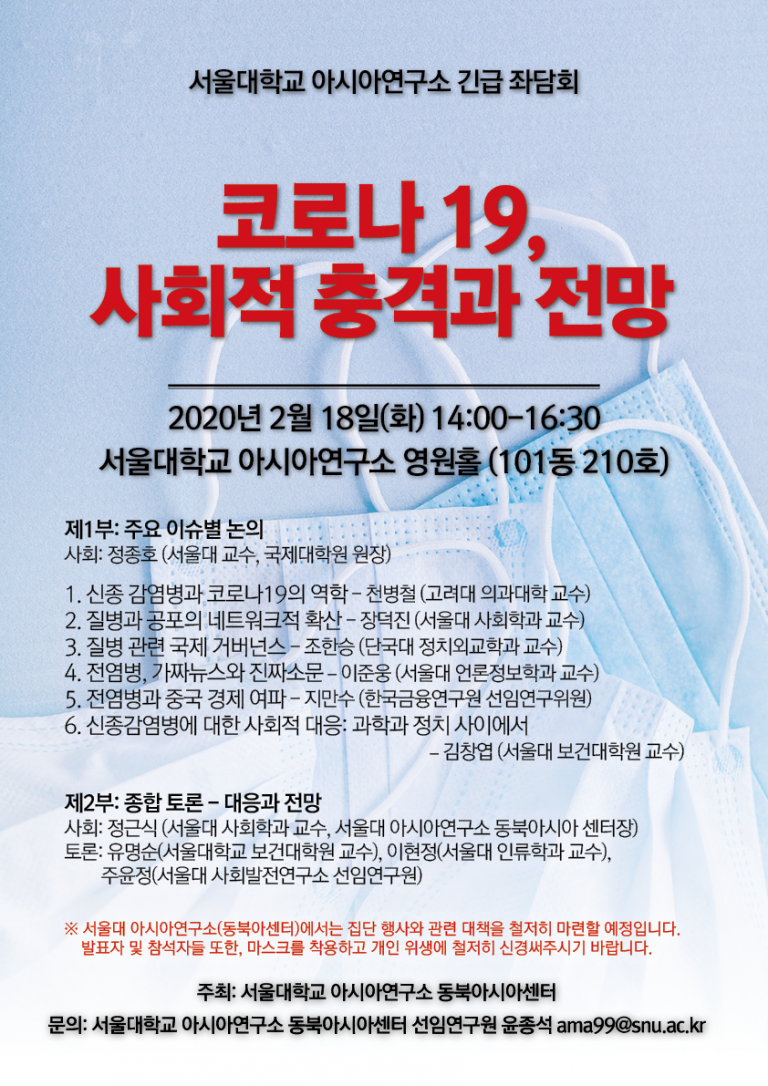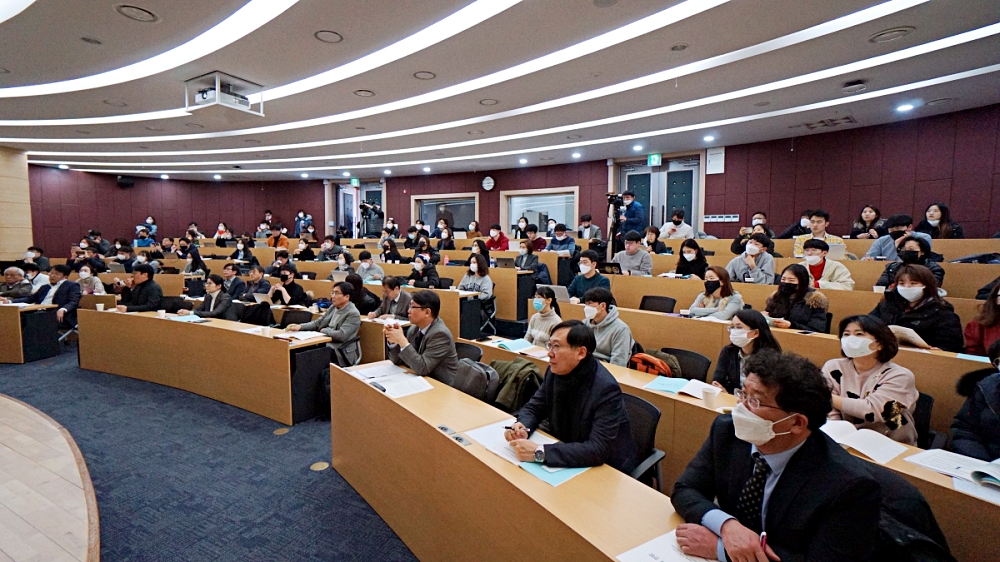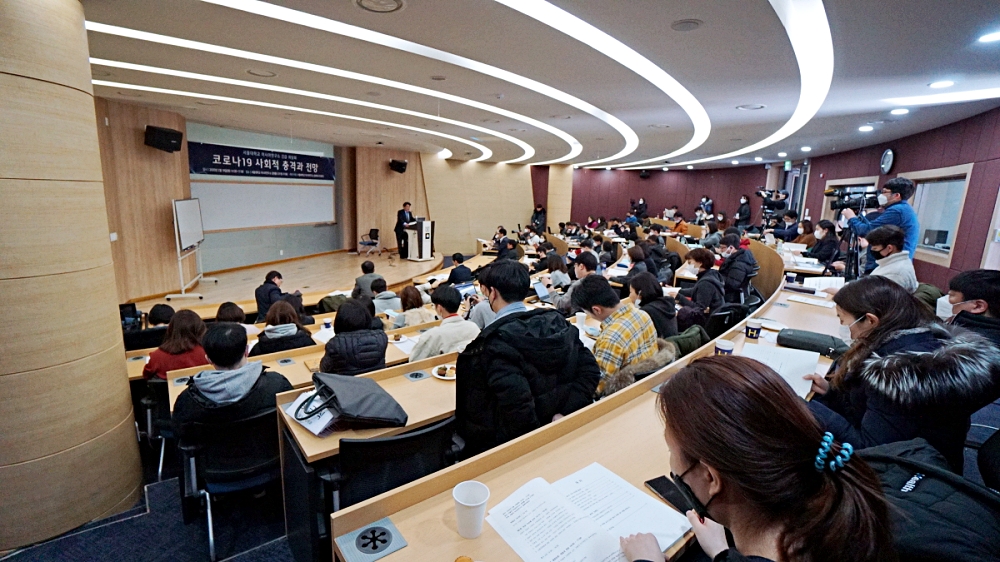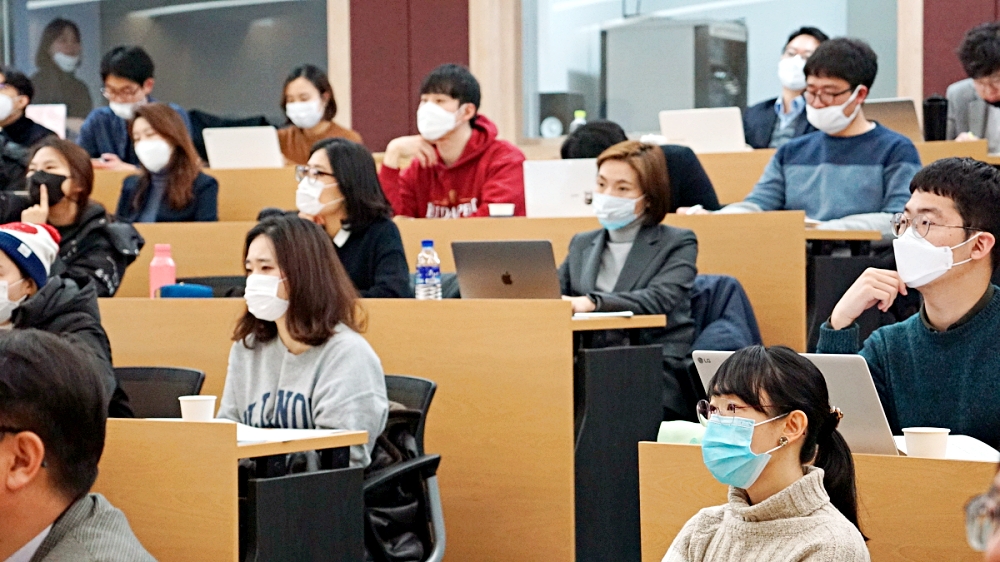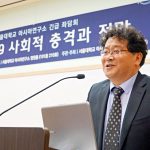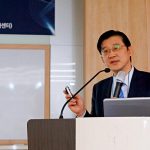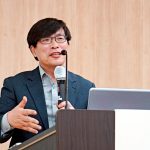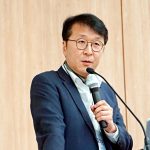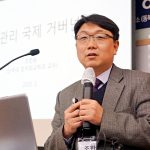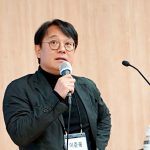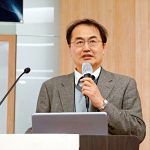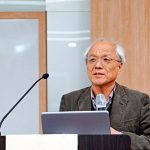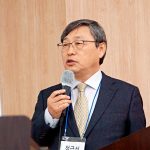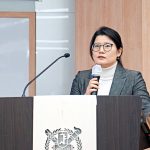[Urgent Round-table Talk] COVID-19, Social Shock and Prospects
- Date: February 18th, Tuesday, 2020 14:00-16:30
- Location: Room 210, SNUAC (Bldg. 101)
Following the spread of novel coronavirus at home and abroad, many problems are arising and social issues are proliferating. SNUAC is holding an urgent round-table talk with experts of the field to discuss the social, economic and political influences of the virus and countermeasures.
In the first session, we will seek a comprehensive understanding through an in-depth discussion through the diagnosis of experts in major subjects, and in the second session, we will pursue responses and prospects for the current situation through a general discussion.
Session 1. Presentations on major issues by experts
Moderator: Jong-Ho Jeong (Dean, SNU Graduate School of International Studies)
- Novel contagious diseases and the epidemiology of COVID-19 – Byung-Chul Chun (College of Medicine, Korea Univ.)
- Network-diffusion of diseases and fear – Dukjin Chang (SNU)
- The problem of international governance related to diseases – HanSeung Cho (Dankuk Univ.)
- Contagious diseases, fake news and real rumors – June Woong Rhee (SNU)
- Contagious diseases and aftereffects on the Chinese economy – Mansoo Ji (Senior Researcher, Korea Institute of Finance)
- Social response to novel contagious diseases: Between science and politics - Chang-yup Kim (SNU)
Session 2. General discussion: Responses and prospects
Moderator: Keun-Sik Jung (Director, SNUAC Northeast Asia Center)
※ Some sessions and presenters may be subject to change.
※ SNUAC Northeast Asia Center will thoroughly prepare the countermeasures for group events. We ask all presenters and participants to wear masks and take extra caution for personal hygiene.
SNUAC Northeast Asia Center held an urgent round-table talk on ‘Novel Coronavirus, Social Shock and Prospects’ at Youngone Hall of SNUAC on February 18th.
Following Director SooJin Park’s opening speech, session 1 consisted of urgent diagnoses by experts on major issues regarding the topic. Prof. Byung-Chul Chun talked about “Novel contagious diseases and the epidemiology of COVID-19”, discussing epidemiological diagnosis of novel contagious diseases as well as COVID-19 and the future scenario of COVID-19 epidemic in Korea. Prof. Dukjin Chang explained how diseases and fear are diffused with a focus on their networks, under the topic “Network-diffusion of diseases and fear”. Prof. HanSeung Cho commented on public health security in the global era and responses by Korea, China, and Japan, and raised the need to seek a cooperative public health security governance in East Asia in the future in his presentation, “The problem of international governance related to diseases”. Prof. June Woong Rhee talked of “Contagious diseases, fake news and real rumors” to explain concepts of fake news, anti-information and hate speech, and raised the problem of communication in disasters, the function of ‘interpretive frame’, finally calling for a more scientific and rational response. Dr. Mansoo Ji presented “Contagious diseases and aftereffects on the Chinese economy” to diagnose the influence of disaster on China and the world economy on the aspects of the initial shock and durations, and also raised the possibility of economic shock being multiplied due to extended durations. Prof. Chang-yup Kim presented “Social response to novel contagious diseases: Between science and politics” to diagnose contagious disease control in the dimension of governmentality, raised the political nature and issues of contagious diseases, and also called for ‘better politicization’.
In session 2, a comprehensive discussion followed the discussion by three panel members. Prof. Hyunjung Lee raised the problem of hatred on Chinese and Asians related to COVID-19, while Dr. Yoonjung Joo examined contagious diseases from the perspective of the human-animal relationship and raised issues on human rights and the need for a guideline in case of plague. Dr. Myungsoon Yoo diagnosed our society’s awareness of risk and its response based on recent survey results and raised issues of publicness and governance as revealed in the response to plagues. As presenters gave answers to major issues raised in the discussion, the event concluded as a calm and serious time for all to evaluate our society’s response to COVID-19 and seek future directions.

